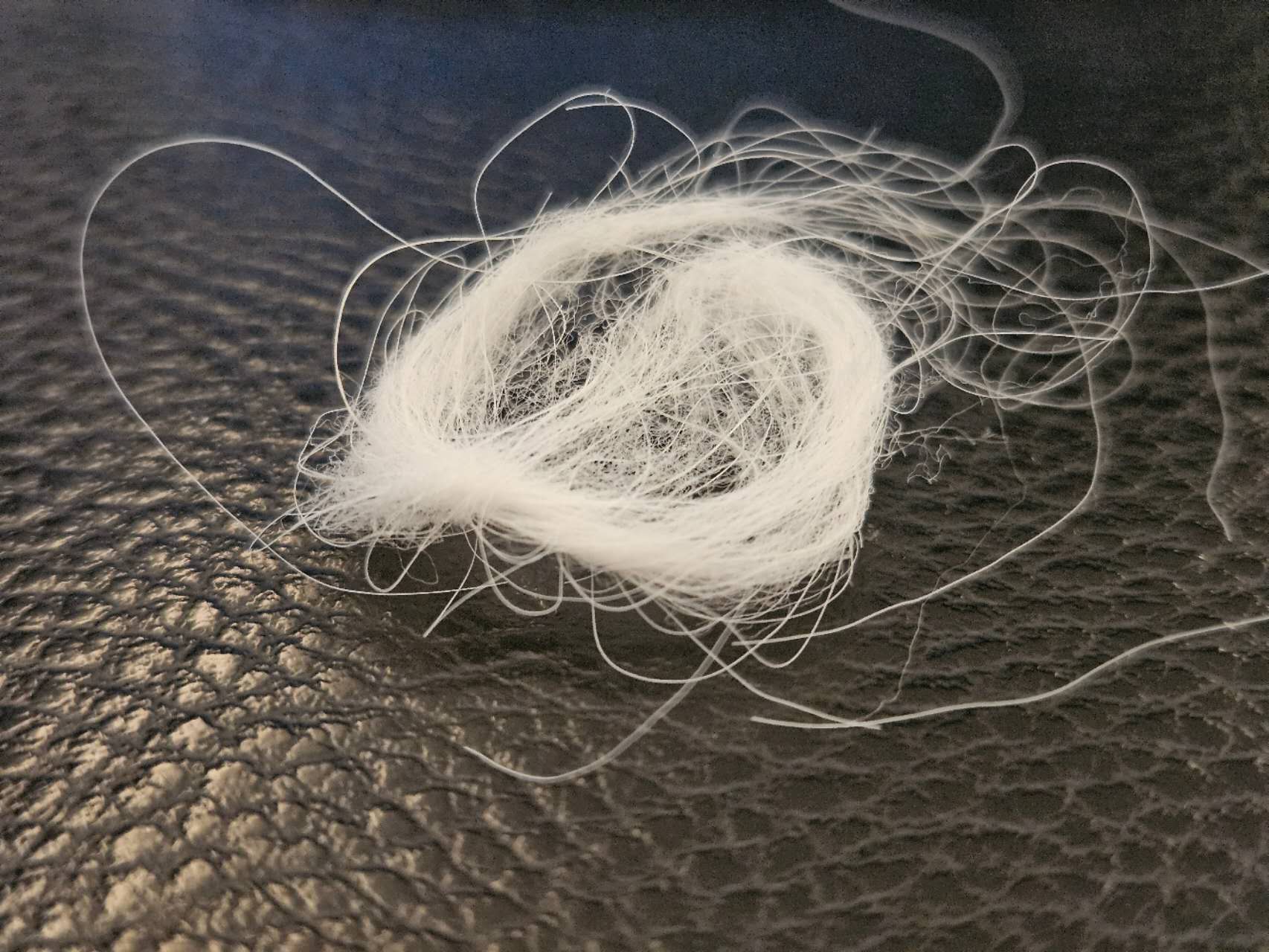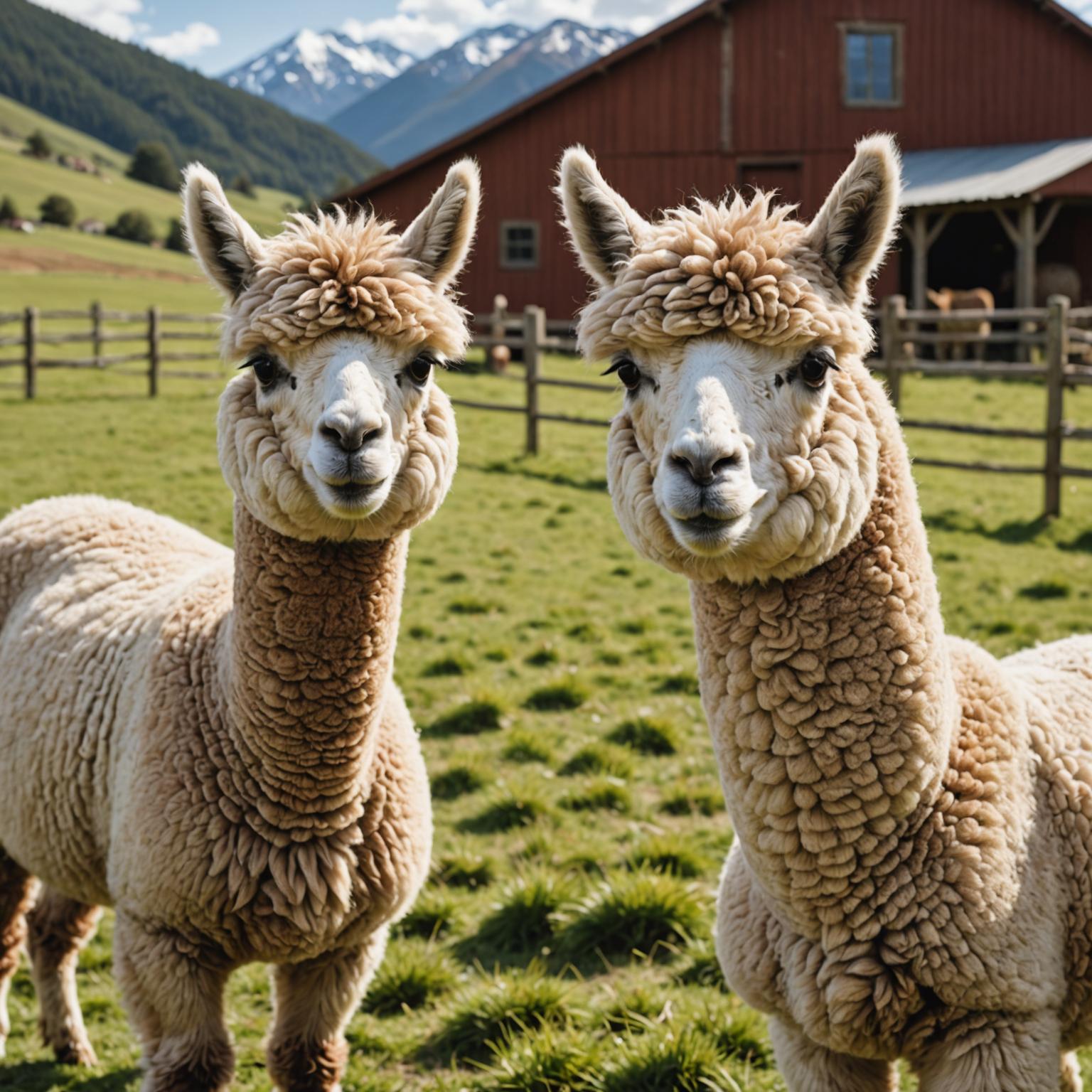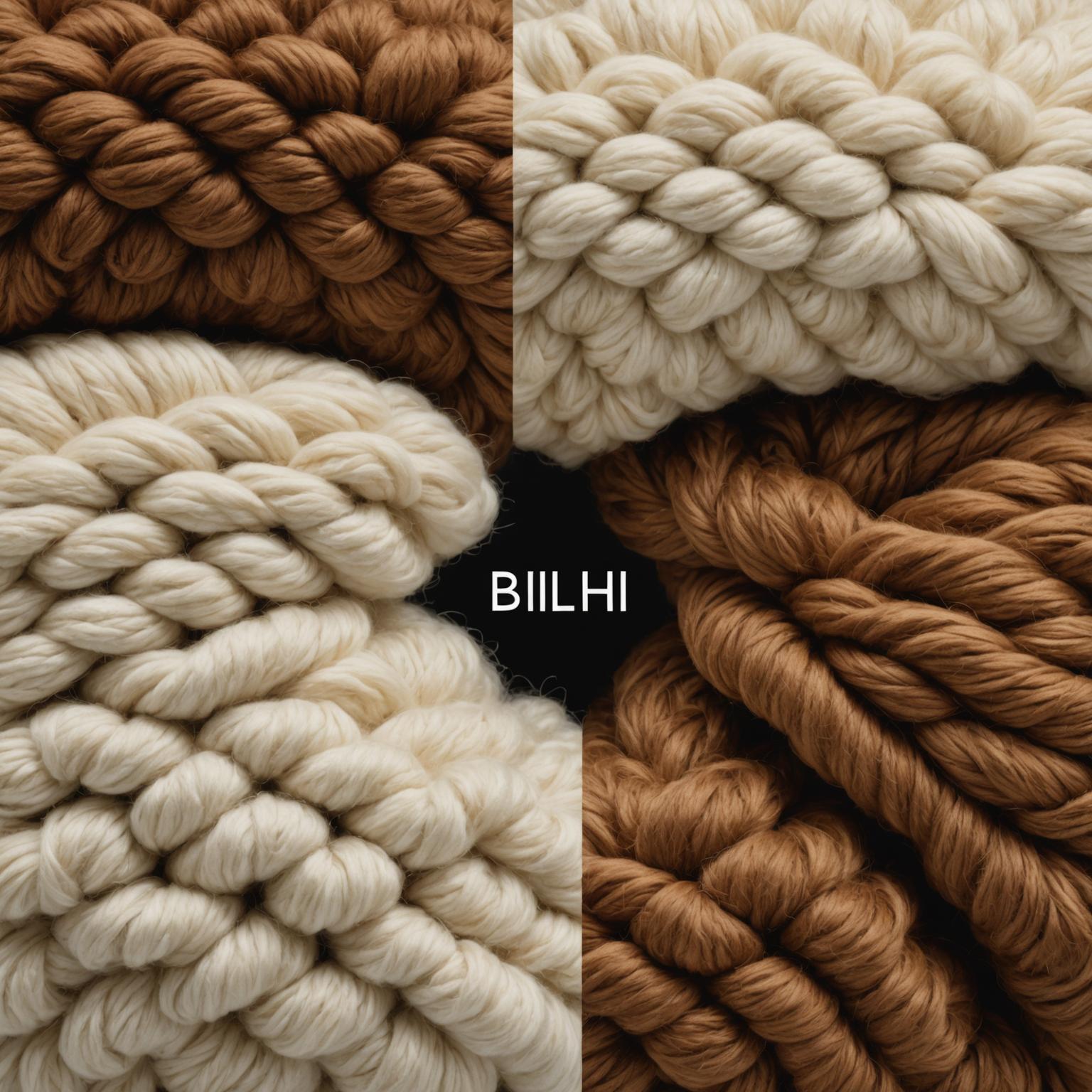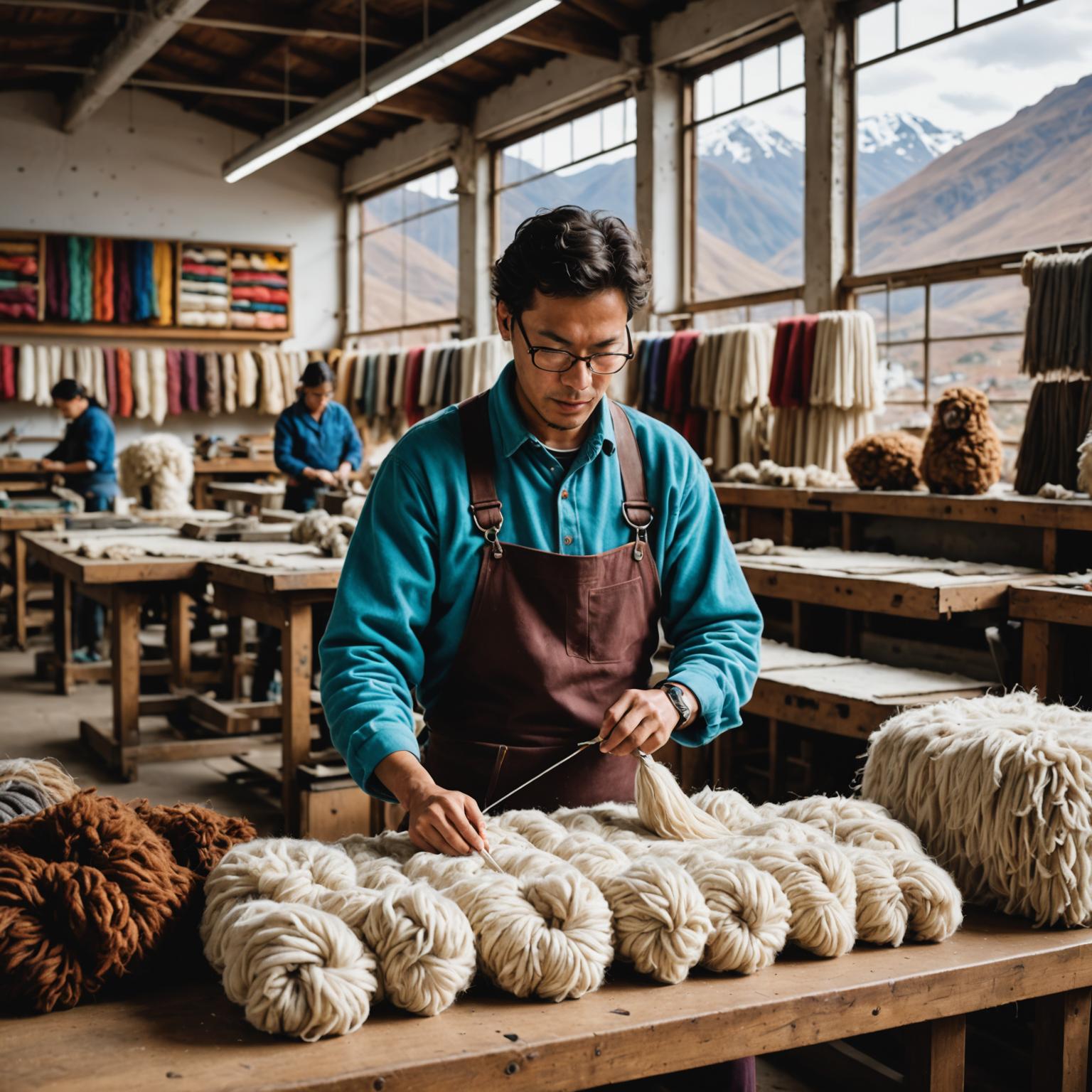Welcome to the fascinating world of textiles, where choices abound, from time-honored natural materials to cutting-edge synthetic creations. Among these, fibers like luxurious alpaca and versatile nylon fiber stand out, each offering a unique set of characteristics. Understanding these differences is key to selecting the perfect material for your apparel, home furnishings, or industrial applications. Let's explore what makes these fibers distinct.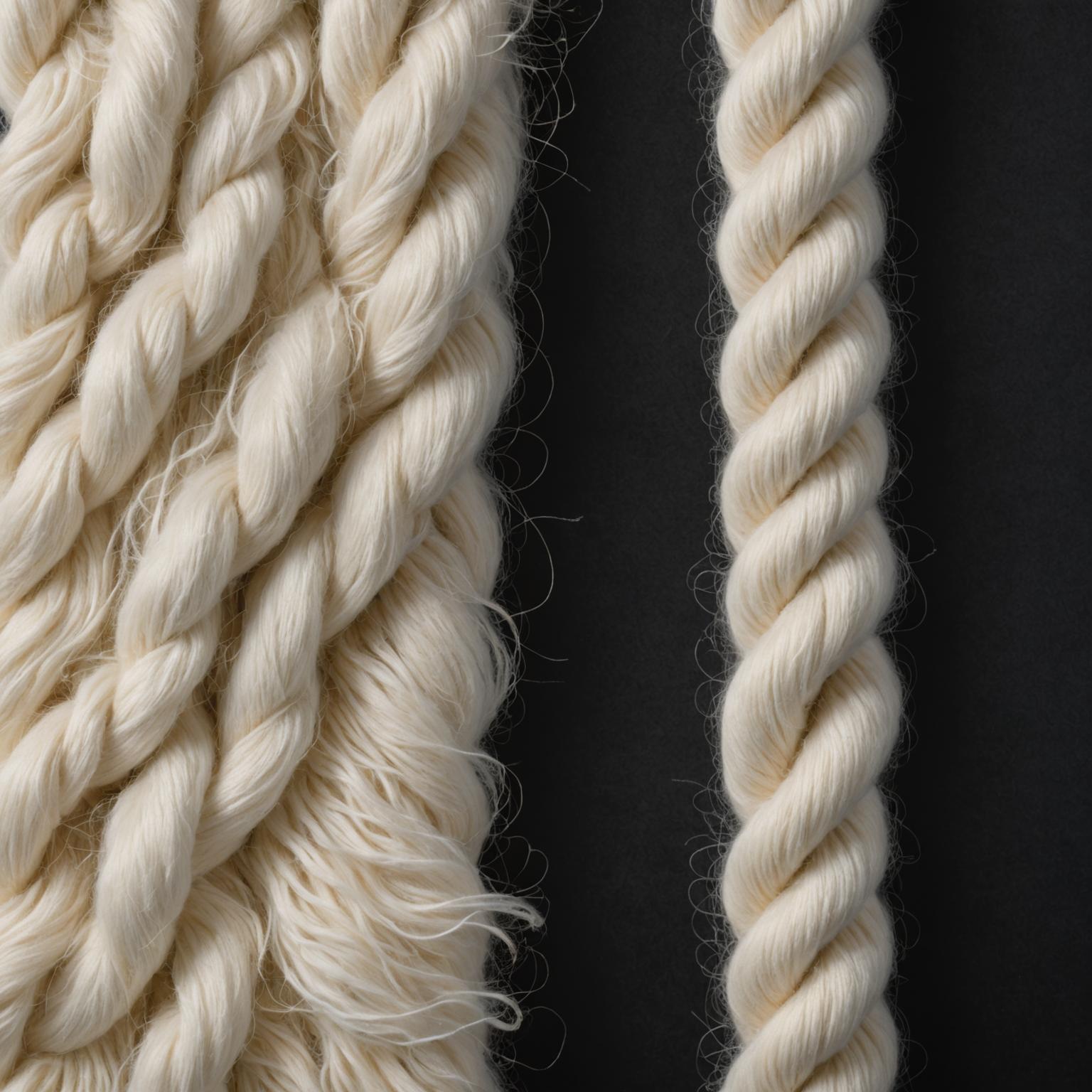
Getting to Know Alpaca Fiber
Alpaca fiber is a natural luxury, sourced from the fleece of alpacas, animals native to the Andean highlands. Revered for centuries, this fiber is celebrated for its exceptional softness, often compared to cashmere, and its silky sheen. One of the primary alpaca fiber benefits is its impressive warmth-to-weight ratio, meaning it provides excellent insulation without being bulky. Additionally, it's naturally hypoallergenic because it contains very little lanolin, making it a gentle choice for those with sensitive skin. Its inherent water-repellency and flame-resistance further add to its appeal, making it both a comfortable and practical option.
Exploring the Types of Alpaca Fiber
When discussing types of alpaca fiber, two main categories emerge, largely based on the breed of alpaca: Huacaya and Suri. Huacaya alpaca fiber is the more common type, characterized by its dense, crimped, and somewhat fluffy appearance, giving it an almost sheep-like wooliness but with a much softer handle. This crimp contributes to its elasticity and excellent insulation. Suri alpaca fiber, on the other hand, is rarer and grows in long, silky, lustrous locks that hang down, resembling dreadlocks. Suri fiber is exceptionally sleek, cool to the touch, and drapes beautifully, often used for high-end garments and textiles where a lustrous finish is desired. The fineness of both types can vary, impacting their softness and value, creating a spectrum of alpaca fiber properties.
Nylon Fiber: The Resilient Synthetic
Shifting to the synthetic realm, nylon fiber was a groundbreaking invention, first commercialized in the late 1930s. It's a type of polyamide, created through a chemical process from petroleum-based products. Nylon is renowned for its exceptional strength, durability, and abrasion resistance. It's incredibly elastic, meaning it can stretch significantly and return to its original shape, which is why it's a staple in items like hosiery, activewear, and ropes. Furthermore, nylon is lightweight, quick-drying, and resistant to mildew, insects, and many chemicals. Its smooth surface can be engineered to have different lusters, from matte to bright.
Nylon vs Alpaca: A Comparative Overview
The debate of nylon vs alpaca highlights the core differences between natural and synthetic fibers. Source is the most obvious: alpaca is a natural animal fiber, while nylon is man-made. In terms of feel, alpaca generally offers superior softness and a luxurious touch, whereas nylon, while it can be soft, is often prized more for its smooth, functional texture. Durability is a strong suit for both, but nylon often excels in sheer tensile strength and resistance to wear and tear. Alpaca is warmer and more breathable. Care requirements differ too; many nylon garments are machine washable, while alpaca often requires more delicate hand washing or dry cleaning. Cost can vary widely, with high-quality alpaca typically being more expensive than standard nylon. Environmentally, alpaca is a renewable resource, while nylon's production is fossil fuel-based, though efforts are being made towards more sustainable nylon production.
Deep Dive into Alpaca Fiber Properties and Benefits
Delving deeper into alpaca fiber properties, its thermal regulation is truly remarkable. The hollow core of many alpaca fibers allows them to trap air, providing warmth in cold conditions but also breathing well to prevent overheating in milder temperatures. This makes it an all-season fiber. The absence of lanolin, as mentioned, is a significant benefit for allergy sufferers. Furthermore, alpaca fiber comes in a wide array of natural colors, from whites and fawns to browns, grays, and blacks, reducing the need for dyeing. The lustrous appearance of alpaca, especially Suri, adds an element of elegance to any product. These inherent qualities translate directly into key alpaca fiber benefits, such as comfort, sustainability when naturally colored, and a luxurious aesthetic.
Why Choose Nylon Fiber?
So, when would you opt for nylon fiber? Its unique combination of properties makes it ideal for a multitude of applications where resilience and performance are paramount. Think of outdoor gear like tents and backpacks that need to withstand harsh conditions and resist tearing. Sportswear and swimwear benefit hugely from nylon's elasticity, quick-drying nature, and ability to wick moisture away from the body. Its strength makes it perfect for industrial uses such as fishing nets, tire cords, and seatbelts. Even in fashion, nylon blends can add durability and easy-care properties to garments. If you need something that is incredibly tough, lightweight, and can handle a lot of stress, nylon is often the go-to synthetic.
Making the Right Choice for Your Needs
Ultimately, deciding between nylon vs alpaca or other materials like alpaca fiber hinges on the intended use and desired characteristics. For luxurious, warm, and hypoallergenic garments with a natural appeal, alpaca stands out. Its unique alpaca fiber properties make it a premium choice for sweaters, scarves, and high-quality blankets. However, for applications demanding exceptional strength, elasticity, resistance to abrasion, and cost-effectiveness in high-performance scenarios, nylon fiber usually takes precedence. Both fibers, with their distinct attributes, hold valuable places in the diverse tapestry of modern textiles, catering to a wide range of needs and preferences. Sometimes, blends are even created to harness the best of both worlds, showcasing the synergy between natural and synthetic innovation.



